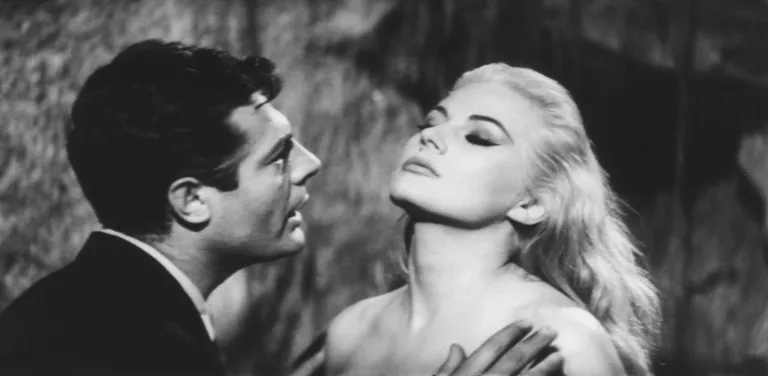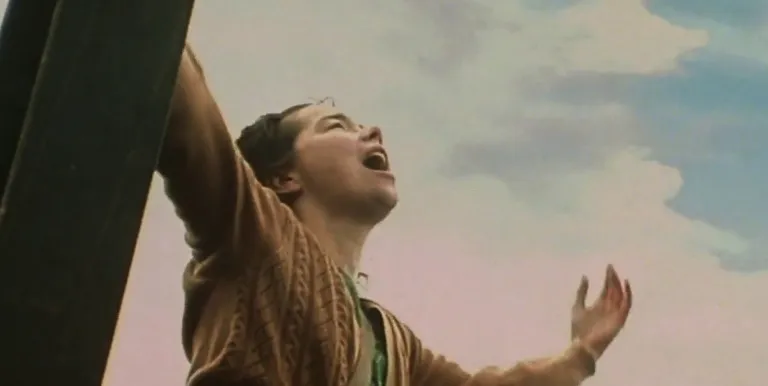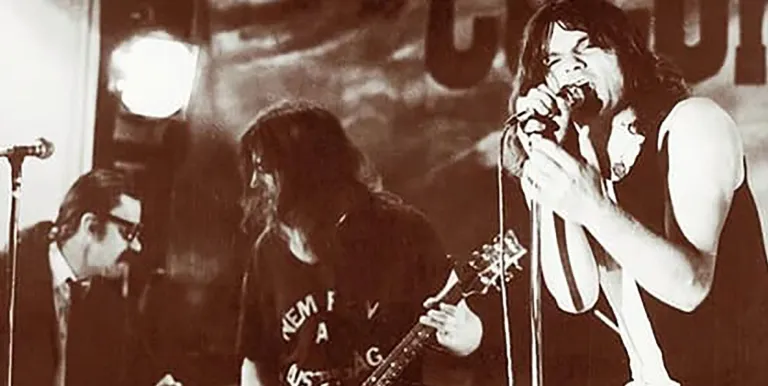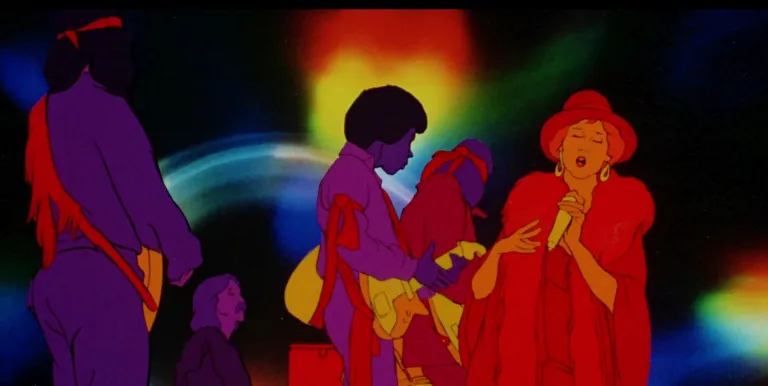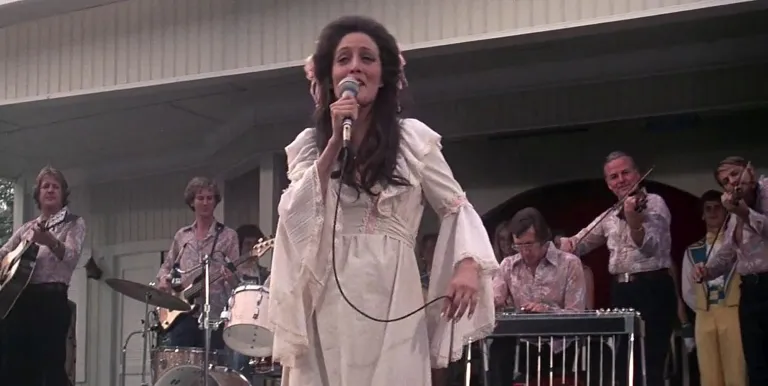It's better to be rich and beautiful. Or is it... Federico Fellini's 1960 film La Dolce Vita asked questions which may well have been a little hard to answer for Hungarian audiences at the time. It did, however, lend the phrase 'dolcevita' to the Hungarian language. It was a phrase that everyone interpreted in their own way. Some people saw it as a kind of affinity with the Italian lifestyle, while others saw it as a metaphor for a frivolous but attractive life. Of course, there were also others whose hearts were touched by the images of a dissolute tableau of a seemingly sweet but essentially wasted existence. By this time, Fellini was already a well-known director - he had already completed La Strada and Nights of Cabiria. La Dolce Vita, however, barely resembled his previous works. It had a more laid back and episodic structure. Yet though the plot is loose, under the sweet, frothy surface lies anxiety, bewilderment and solitude. And confusion, borne out of a transformation taking place in Italian culture. In small flashes, it reveals how our protagonists are incapable of merging their traditions with the modern and suddenly exploding metropolitan - and consumer -lifestyle. Because in 1960, Roma is living a new golden age. The Olympic Games, as well as the first ever televised broadcast of the Olympics. Fashion and design are blossoming. As is riding round in a very cool American car... No one was thinking, however, about what the story's characters would be like half a century on. Then Paolo Sorrentino's The Great Beauty (2013) played with that thought. It's worth watching both films. Maybe even one after the other.
In Italian, with Hungarian subtitles.
Presented by: Müpa Budapest
-
We wish to inform you that in the event that Müpa Budapest's underground garage and outdoor car park are operating at full capacity, it is advisable to plan for increased waiting times when you arrive. In order to avoid this, we recommend that you depart for our events in time, so that you you can find the ideal parking spot quickly and smoothly and arrive for our performance in comfort. The Müpa Budapest underground garage gates will be operated by an automatic number plate recognition system. Parking is free of charge for visitors with tickets to any of our paid performances on that given day. The detailed parking policy of Müpa Budapest is available here.

